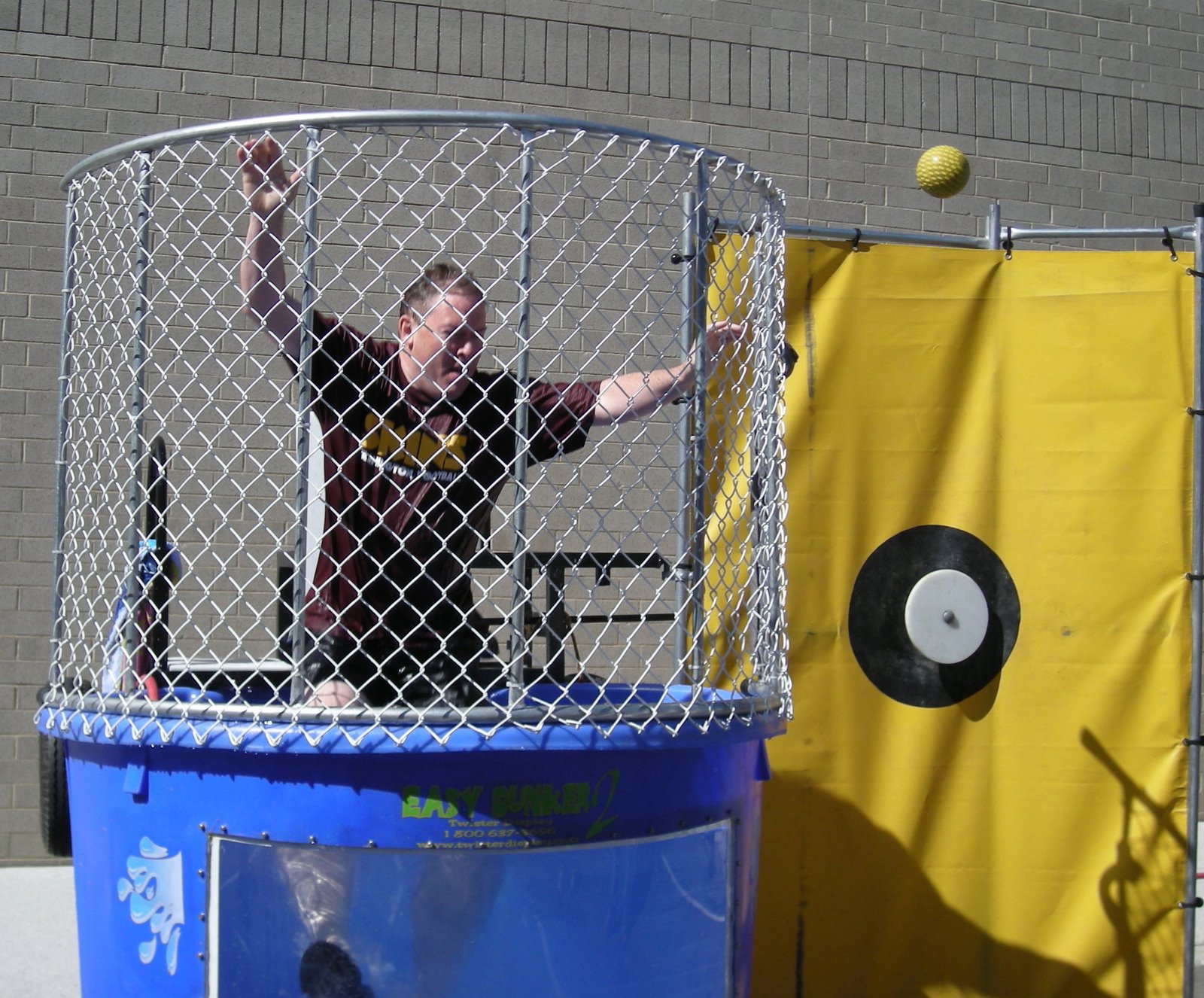Enhancing Comprehension: Reading Skills in Middle School
Look for these signs of progress in your ever more sophisticated and independent reader.
By Marie Faust Evitt
Middle school is the time your child develops the sophisticated reading skills that allow him to analyze literature and master the content of the entire curriculum — social studies, science, math, health, and foreign languages. Reading becomes a powerful tool to find information, make sense of complex material, and find enjoyment in literature and popular media.
"Reading instruction is heavily frontloaded in the early years," says North Carolina State University reading professor Barbara Fox. "By middle school, all the hard work pays off and children should have the skills in place to be able to use reading for study and pleasure."
Middle-school instruction therefore focuses on refining and strengthening existing skills. Key components are:
Strategic reading
Comprehension
Vocabulary
Speed
Writing skills
Strategic reading: Your child needs to learn how and when to skim and when to study thoroughly. She doesn't have to read an entire book about space exploration if she only wants to find the date of the first lunar landing.
Likewise, she has to develop different reading strategies for mastering the content in her U.S. history textbook, analyzing Lord of the Flies, or breezing through Sports Illustrated. And she needs to know which words are the most important for understanding the meaning of what she's reading.
Reading milestones:
* Reading with a purpose, knowing when it's important to understand every detail and when she can read quickly for pure enjoyment
* Reading selectively, scanning chapter headings and introductory sentences to find necessary information
* Skimming a chapter in a textbook to form an overall impression — what is the topic? Is it familiar?
* Checking the table of contents and index to determine if a book is relevant to a topic
* Determining when it is important to stop and figure out the meaning of a word she doesn't know, and when it's okay to keep reading
Comprehension: Grappling with the deeper meaning of a text will strengthen understanding. Good readers are continually questioning themselves.
Reading milestones:
* Getting below the surface of facts on the page and evaluate critically
* Drawing conclusions about why certain things happened
* Considering cause and effect
* Connecting new information to other knowledge and personal experience
* Understanding point of view
* Reading actively, asking himself, "What do I already know about this topic?" "What do I need to learn?"
Vocabulary: One of the key differences between a good reader and a poor reader is vocabulary, says reading expert Louisa C. Moats, co-author of Straight Talk About Reading. Poor readers often have "heard of" a word but lack depth, breadth or specificity in word knowledge. For example, Moats says, one student defined "designated" as "sober" from the association with the term "designated driver."
Effective vocabulary study involves more than memorizing definitions. Claire Koukoutsakis was impressed when her son Nicholas's teacher assigned his eighth-grade class to use spelling and vocabulary words in group skits. "I thought it was a cool way to really learn those words and make them stick," she says. And the kids enjoyed it, too.
Reading milestones:
* Using new words correctly in her writing
* Using knowledge of prefixes, suffixes, and base words to expand her vocabulary
* Mastering the vocabulary of different content areas
Speed: Poor readers are usually slow even after they become accurate. To build speed, your child needs to read a lot of text at a level that is easy for him to comprehend.
Reading milestones:
* Reading for pleasure
* Getting hooked on books by the same author
* Reading fast enough to do homework in a reasonable amount of time
Writing skills: Written responses to reading can greatly enhance comprehension. Writing improves when your child practices answering specific questions and researching new topics.
Milestones:
* Linking sentences into organized paragraphs
* Writing clear, coherent, and focused essays including formal introductions, supporting evidence, and conclusions
Sunday, April 19, 2009
What Are the Reading Skills Middle Schoolers Should Be Mastering?
Labels:
ELMS,
Marie Faust Evitt,
Middle School reading,
Reading
Subscribe to:
Post Comments (Atom)



















No comments:
Post a Comment